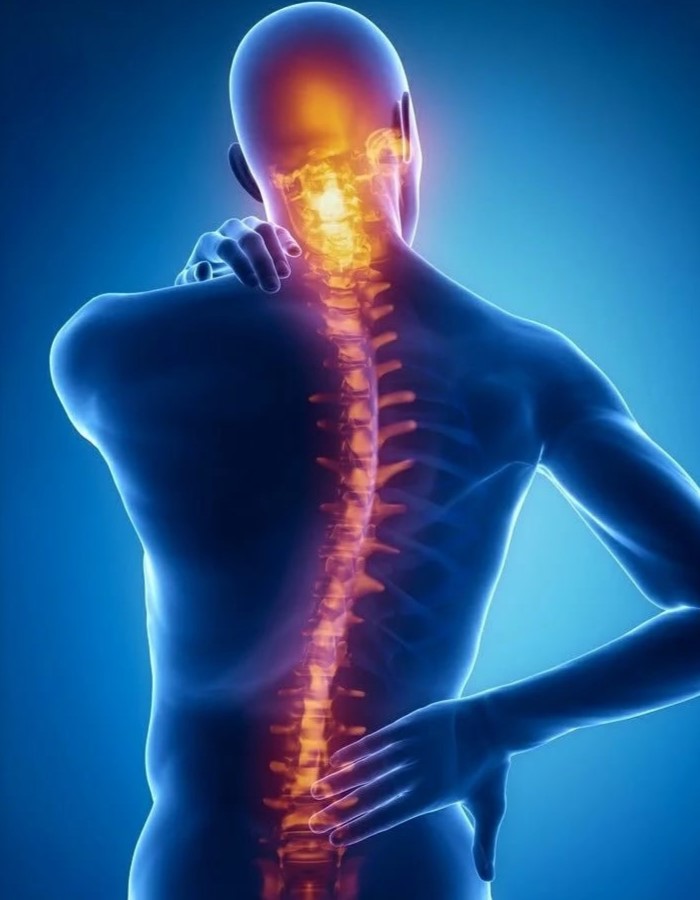Scoliosis is a condition characterized by the lateral curvature of the spine. Typically emerging in young individuals, this condition can be identified by an S or C-shaped curvature of the spine. Genetic factors, muscle weakness, or issues related to the nervous system are among the causes of scoliosis.
Observation and Monitoring:
Mild forms of scoliosis are often observed and regularly monitored. Specialized physicians assess the patient's growth and evaluate whether the curvature of the spine is progressing.
Physical Therapy and Exercise:
To control the progression of scoliosis and alleviate symptoms, physical therapy and specific exercise programs may be recommended. These treatment methods aim to strengthen the spine and increase flexibility.
Brace and Orthosis Use:
Orthoses and braces can be used to prevent or slow down the progression of scoliosis, especially in adolescents. They can be effective in providing support during the growth period.
Medications:
Pain relievers or anti-inflammatory medications may be prescribed for scoliosis-related pain. However, it's important to note that these medications do not treat scoliosis itself but rather alleviate symptoms.
Surgery may be considered for severe and progressive cases of scoliosis. The goal of surgery is typically to correct and stabilize the spine, aiming to improve the patient's overall quality of life. However, surgery should always be considered as a last resort.
Risks of Scoliosis Surgery
Scoliosis surgery carries inherent risks common to any surgical procedure. These risks include infection, bleeding, nerve damage, postoperative pain, and the possibility of the spine not being adequately corrected. Your physician will guide you in determining the most suitable treatment plan before surgery.
Scoliosis is a manageable condition with early diagnosis and appropriate treatment. Treatment options may vary based on factors such as age, the severity of scoliosis, and overall health. In any case, consulting with a healthcare professional is crucial.

Discover the journey of Osimplant...
Start of production
Our production facilities launched its operations after our R&D activities.
First renowned product osi
Expansion
With the addition of our posterior cervical products, our product range and sales network has expanded.
First European Exhibition
We exhibited at Medica – World Forum For Medicine to engage with European markets.
First specialized industrial meeting
We started exhibiting at EuroSpine where all brightest minds in spine get together.
Innovation
We have launched our biggest innovation project with TUBITAK (Scientific and Technological Research Council of Turkey).
First renowned pediatric system uve
We have engineered our Pediatric Systems JUVE which has been a great success in local and international markets.
Trabecular implant cages terracotta
The trabecular implant cage project is thorough and ready to launch to the markets.
Anvisa certification
We are proud to be the first Turkish manufacturer with Anvisa Certification